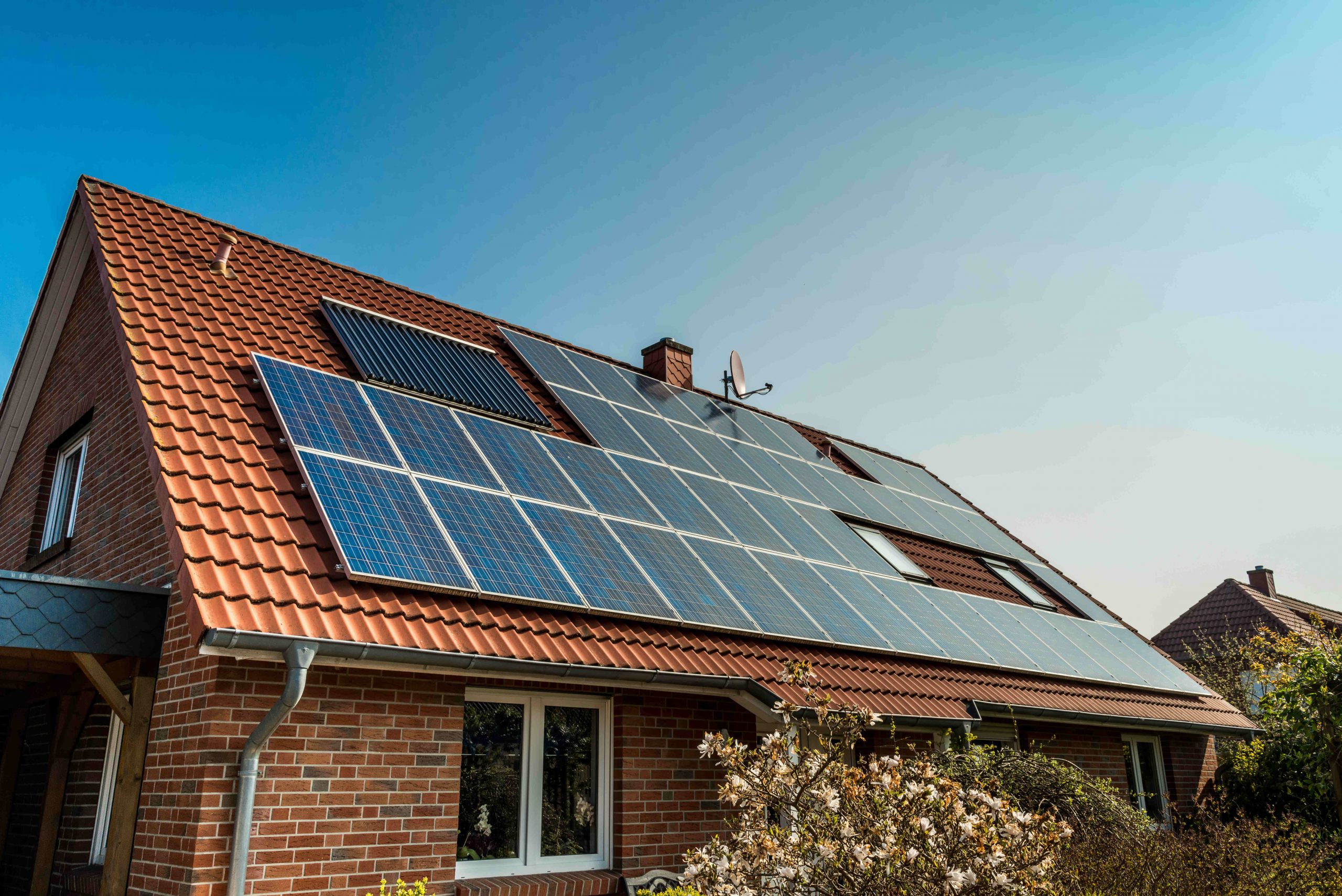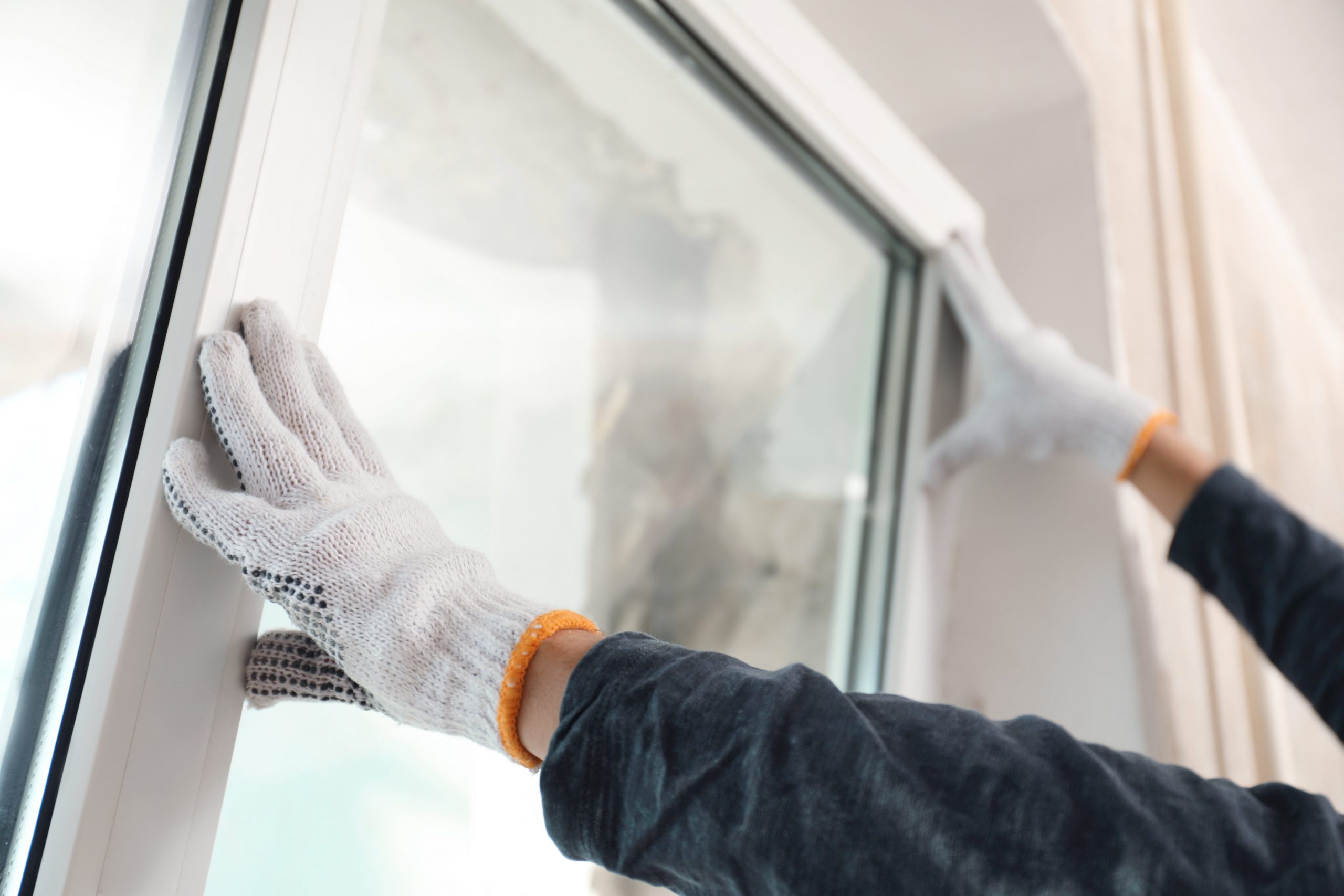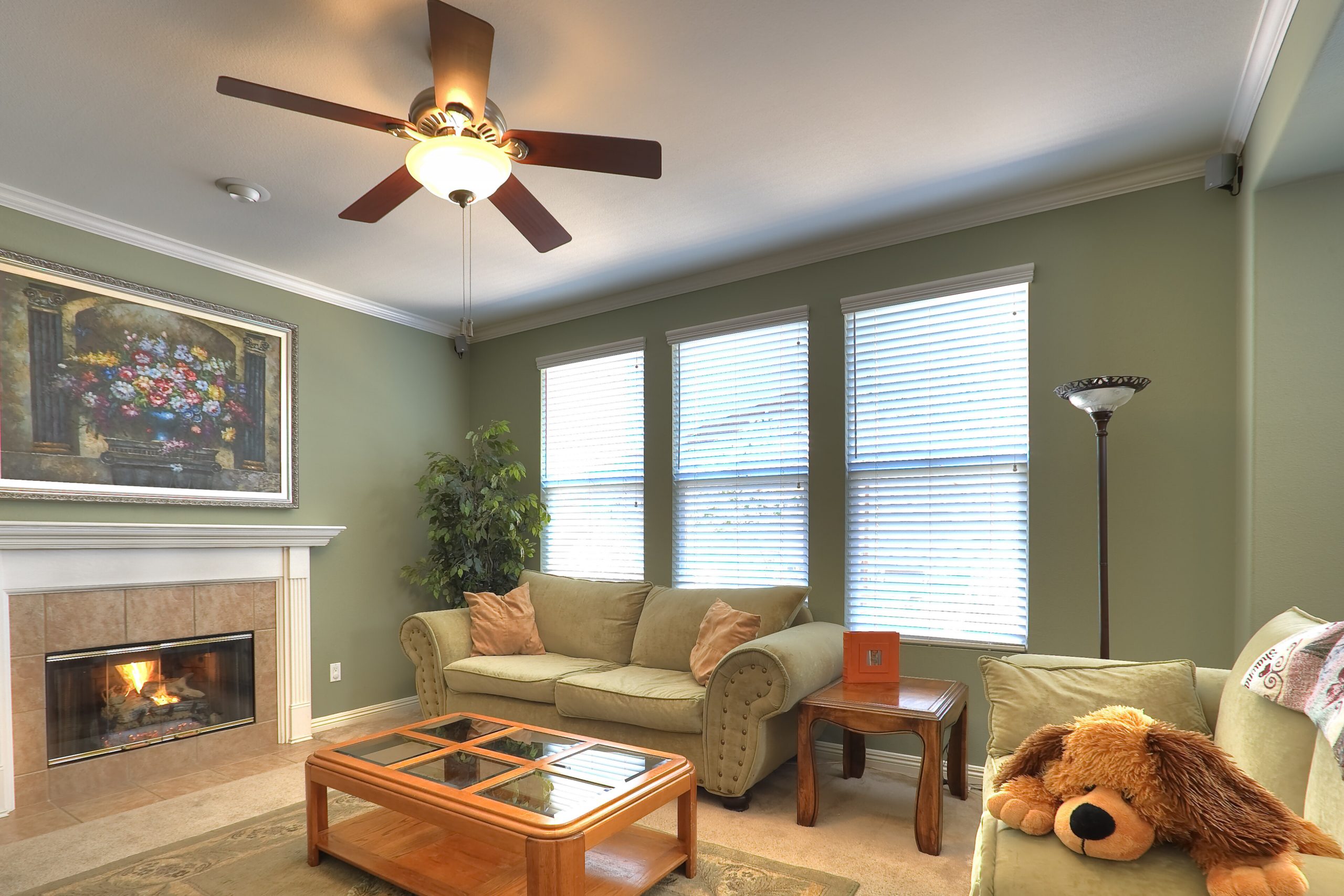Table of Contents
- Understanding Your Energy Use
- Upgrading to Energy-Efficient Appliances
- Smart Thermostat: A Wise Choice
- Enhancing Home Insulation
- Efficient Lighting Solutions
- Water Heating Efficiency
- Smart Power Usage
- Solar Energy: Harnessing the Sun
- Efficient Use of Appliances
- Landscaping for Energy Efficiency
- Educating the Household
Energy Savings 101: Cutting Costs on Your Utility Bills
In today’s world, finding ways to save money on energy bills is more important than ever. Casability is here to provide you with practical and effective strategies to reduce your energy consumption and lower your bills, without sacrificing comfort.

Understanding Your Energy Use
Assessing Your Home’s Energy Efficiency
Before making any changes, it’s crucial to understand how your home uses energy. This will help you identify where the most significant savings can be made.
Energy Audit: Consider conducting a home energy audit to identify areas of energy wastage. A professional energy audit provides a comprehensive analysis of your home’s energy use, pinpointing inefficiencies and recommending specific improvements. You can also perform a basic audit yourself by checking for drafts, inspecting insulation, and reviewing past energy bills.
Monitor Usage: Keep track of your energy use to understand your consumption patterns. Many utility companies offer online tools and mobile apps that allow you to monitor your energy use in real-time. Knowing when and how you use energy can help you make informed decisions about where to cut back.
Upgrading to Energy-Efficient Appliances
Investing in Savings
Upgrading your appliances is one of the most effective ways to reduce energy consumption. Modern appliances are designed to use less energy while delivering the same, if not better, performance.
Energy Star Appliances: Replace old, inefficient appliances with Energy Star-rated ones. These appliances meet strict energy efficiency guidelines set by the U.S. Environmental Protection Agency and the Department of Energy. They consume significantly less energy and water, helping you save on utility bills.
Cost vs. Savings: Understand the long-term savings that efficient appliances offer despite the initial investment. While energy-efficient appliances might cost more upfront, they typically pay for themselves through reduced energy bills within a few years. Additionally, some utilities offer rebates for purchasing Energy Star appliances.
Smart Thermostat: A Wise Choice
Automating Energy Savings
A smart thermostat can optimize your heating and cooling systems, ensuring comfort while minimizing energy waste.
Programmable Thermostats: Install a smart thermostat to control heating and cooling more efficiently. These devices learn your schedule and preferences, automatically adjusting the temperature to save energy when you’re not home.
Custom Schedules: Set schedules that align with your lifestyle to save energy when you’re not home. For instance, you can program the thermostat to lower the heat during the day when the house is empty and to start warming up just before you return.
Enhancing Home Insulation
Keeping the Comfort In
Proper insulation is vital for maintaining a consistent temperature in your home, reducing the need for excessive heating and cooling.
Attic Insulation: Properly insulating your attic can significantly reduce heating and cooling costs. Heat rises, so an uninsulated attic can result in significant energy loss. Adding or upgrading insulation can keep your home warmer in the winter and cooler in the summer.
Weather Stripping and Caulking: Seal windows and doors to prevent drafts. Gaps and cracks around windows and doors can let in cold air during the winter and hot air during the summer, making your HVAC system work harder. Weather stripping and caulking are cost-effective ways to seal these leaks.
Efficient Lighting Solutions
Bright Ideas for Savings
Lighting can account for a considerable portion of your electricity bill, but there are ways to reduce this cost.
LED Bulbs: Switch to LED lighting, which uses a fraction of the energy of traditional bulbs. LEDs last up to 25 times longer than incandescent bulbs and use at least 75% less energy. They are available in a variety of brightness levels and colors, making them suitable for any room.
Natural Light: Maximize the use of natural light during the day to reduce reliance on artificial lighting. Open curtains and blinds to let in daylight, and consider installing skylights or larger windows in darker areas of your home.
Water Heating Efficiency
Hot Savings Tips
Water heating is one of the largest energy expenses in most homes, but there are ways to reduce this cost without sacrificing comfort.
Lower Temperature Setting: Reduce the thermostat on your water heater to lower energy consumption. Most households can comfortably set their water heater to 120°F (49°C), which is hot enough for most uses and can significantly cut energy costs.
Insulate the Tank: Insulating your water heater tank can prevent heat loss. A water heater insulation blanket can help keep the water hot longer, reducing the amount of energy needed to reheat it. Also, consider insulating the first few feet of hot and cold water pipes.
Smart Power Usage
Eliminating Wasteful Practices
Small changes in how you use power can add up to significant savings over time.
Unplug Devices: Unplug chargers and appliances when not in use to avoid ‘phantom’ energy use. Many electronics draw power even when they’re turned off or in standby mode. Using a power strip makes it easy to turn off multiple devices at once.
Advanced Power Strips: Use power strips to easily turn off multiple devices at once. Advanced power strips can cut power to devices that go into standby mode, ensuring they don’t use energy when not in active use.
Solar Energy: Harnessing the Sun
A Sustainable Alternative
Investing in solar energy can dramatically reduce your reliance on traditional power sources.
Solar Panels: Consider installing solar panels for a renewable source of energy. Solar panels convert sunlight into electricity, which can significantly lower your energy bills. The initial installation cost can be high, but many systems pay for themselves over time through energy savings.
Government Incentives: Research tax credits and rebates for solar energy installation. Many governments offer financial incentives to encourage the adoption of renewable energy. These incentives can significantly reduce the upfront cost of installing solar panels.
Efficient Use of Appliances
Running at Full Capacity
Using appliances more efficiently can lead to considerable energy savings.
Full Loads: Run your dishwasher and washing machine only with full loads. Washing a full load uses less water and energy per item compared to running smaller loads.
Energy-Saving Modes: Utilize energy-saving settings on appliances whenever available. Many modern appliances come with settings designed to use less energy. For instance, using the eco-mode on your dishwasher or washing machine can save water and energy.
Landscaping for Energy Efficiency
Nature’s Way of Saving Energy
Strategic landscaping can help reduce your home’s energy needs.
Shade Trees: Plant trees to provide shade and reduce cooling costs. Trees can block the sun’s rays, keeping your home cooler in the summer. Deciduous trees are ideal because they provide shade in the summer and let sunlight through in the winter.
Windbreaks: Use landscaping to shield your home from winds, especially during colder months. Shrubs and trees can act as windbreaks, reducing the wind chill around your home and lowering heating costs.
Educating the Household
Making Energy Saving a Family Affair
Everyone in the household can contribute to saving energy.
Involve Everyone: Educate family members about simple ways to save energy. Discuss the importance of turning off lights, unplugging devices, and using appliances efficiently.
Energy-Saving Habits: Encourage habits like turning off lights when leaving a room. Small changes in daily behavior can lead to significant energy savings over time.
Saving money on your energy bill is not just about one big change; it’s about making several small adjustments that add up over time. By implementing these strategies, you can enjoy a more energy-efficient home and see a noticeable reduction in your utility bills. Casability is committed to helping you make informed decisions for a more sustainable and cost-effective home.
4o





